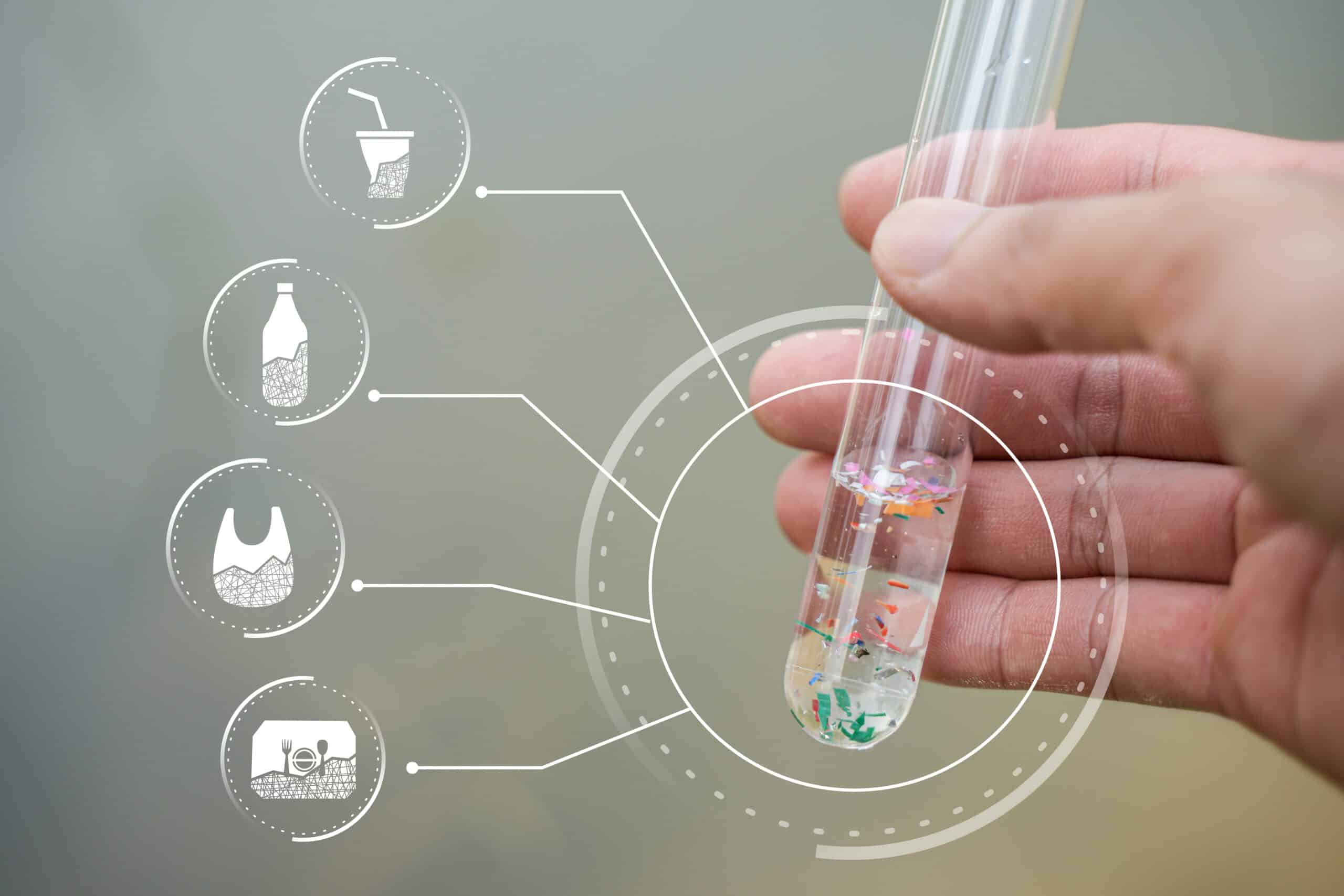ESG has become an important enabler for resilient business models – especially with the rapidly changing policy frameworks and to reduce the impact of human activity on the environment. Enhancing environmental, social, and governance practices while reducing business risks with smart water investments is not only necessary but bankable.
Environmental, Social, and Governance (ESG) data is getting more interest from investors, consumers, innovators, and other beneficiaries, due to the incentive benefits that can be obtained. Current estimates value ESG investments and initiatives at close to US$40 trillion.
For many companies, water plays a critical role in the flow of operations and performance. With growing challenges and set-backs with environmental pollutants, climate change, energy, and water scarcity – investing in green climate conscious water management systems can and will improve your organization’s ESG profile while reducing operational risks and gaining from incentives.
ESG Reporting includes several metrics on which companies and organizations are measured on:
Water Abstractions
Water abstractions or also commonly called withdrawal is mainly reported by volume and source, such as seawater, brackish water, and most importantly freshwater either permanently or temporarily, and/or is used for agricultural, industrial or municipal (domestic) purposes.
Water Consumption
Water consumption can be measured directly or inferred by calculating the difference between withdrawal and discharge volume. Water intensity is a related term, defined as the water used per value added, often given in cubic meters per Rand. A Very important term, the water use ratio, is defined as the total water usage volume divided by the total produced volume. Treating wastewater for reuse can reduce both the amounts discharged and withdrawn, thereby reducing consumption.
Wastewater Disposal or Discharge
Companies should report their water disposal or discharge in terms of volume, location and water quality.
Investors, suppliers, and other industry leaders are prioritizing wastewater management projects to minimize power consumption and provide an insight into an organization’s relationship with water and waste. It is important to monitor how water is being consumed and disposed — and how wastewater is discharged or disposed of.
Organizations also use the benefits of ESG to describe their current practices for identifying and measuring water-related impacts and how they are addressed.
MEB has a range of services that can assist you with the infrastructure needed to achieve your ESG goals, such as:
- Reducing water consumption by way of wastewater reuse, which is extremely important for water-scarce regions like South Africa.
- We have advanced IoT based data monitoring and reporting solutions for quantitative data, qualitative analysis and risk mitigation.
- Smart water projects can improve many ESG metrics by recovering and reusing as much of the water consumed as possible.
It all sounds confusing, we know, but that’s why we are here – speak to us!

